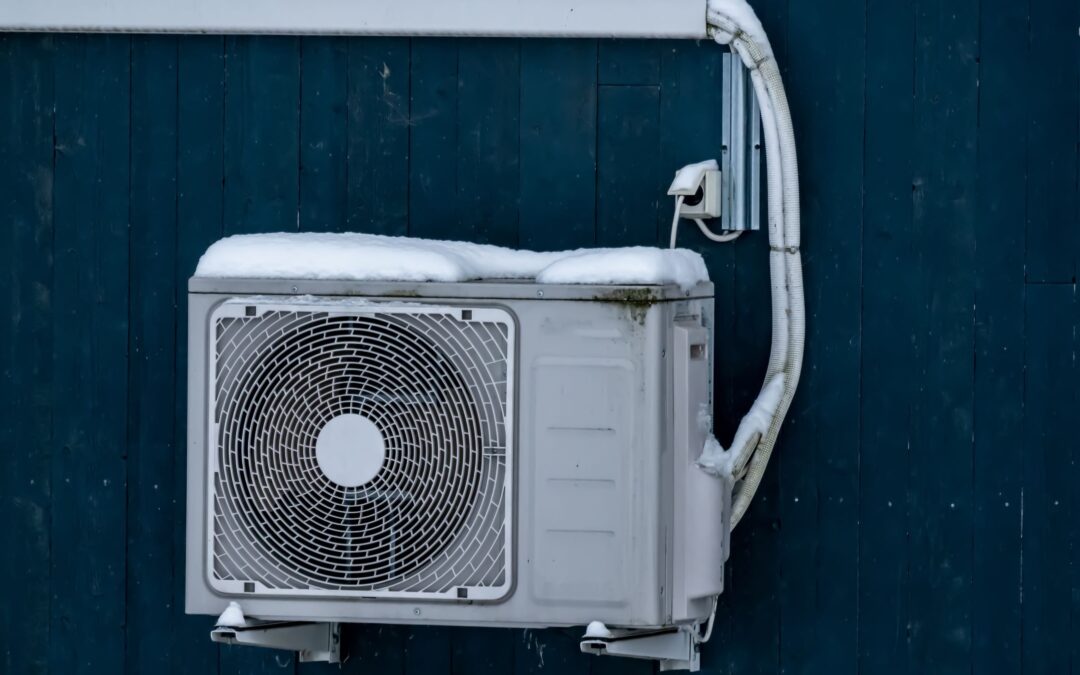By: Neil Kolwey, Southwest Energy Efficiency Project (SWEEP)
Energy Efficiency Day is less than a week away. Want to celebrate by doing something impactful to decrease your home’s energy use and carbon emissions while saving money in the process? Pledge to make your next air conditioner a heat pump.
Many homeowners are already aware of the benefits of installing more efficient LED light bulbs, or of a programmable thermostat that adjusts the air-conditioning (AC) or heating when nobody is home. With the recent passage of the Inflation Reduction Act (IRA), and the rebates and tax incentives included in it, more and more homeowners should consider replacing their AC with a heat pump, especially when their AC is at the end of its useful life.
Heat pumps work the same as AC in the summer, and provide heating in the cooler months. This can reduce or even eliminate the home’s use of combustible fuels for heating. In the heating mode, heat pumps are about three times as efficient as a gas furnace. As renewables continue to play a larger role on the electricity grid, using an efficient heat pump for most of a home’s heating will significantly reduce the home’s carbon footprint. A recent study by the Southwest Energy Efficiency Project (SWEEP) focuses on homes in Arizona, New Mexico, Nevada and Utah. SWEEP’s analysis shows savings of 45-50% for existing homes.
Compared to replacing a traditional central AC system, installing an equivalent size heat pump system will cost about $1,800 more up front, for an average home in Denver or Reno, for example. However, the IRA provides a 30% tax credit for heat pumps and heat pump water heaters — up to $2,000 per taxpayer. In addition, the homeowner in Denver will also receive a $1,500 rebate from Xcel Energy, and a homeowner in Reno will receive a $500 rebate from NV Energy, for installing a heat pump that meets the utilities’ minimum efficiency criteria. With the IRA tax credits and utility rebates combined, the Denver homeowner will pay $1,700 less — and the Reno homeowner about $700 less — for a heat pump than they would for an AC replacement, beginning in 2023. According to SWEEP’s analysis, these same homeowners’ annual heating bills will be about the same with the heat pump as they would with an efficient gas furnace.
Heat pumps are a prime example of the type of energy efficiency improvement homeowners should embrace, especially as they replace or install new AC. With the passage of the IRA, heat pumps will cost less to install and significantly help reduce our homes’ carbon footprint while also providing support to our aging grid and infrastructure. Commit today to heat and cool your home with something that won’t warm up the planet: an efficient and affordable heat pump.


Recent Comments